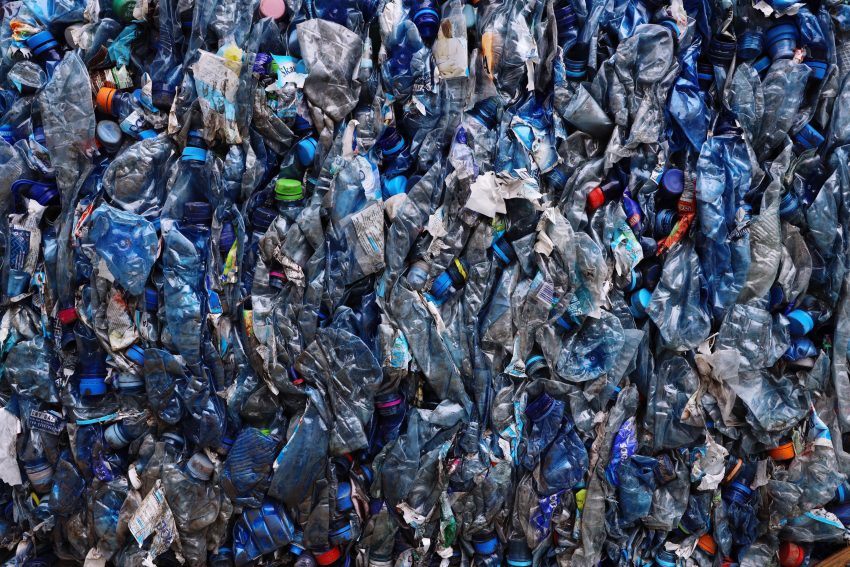Plastic pollution has become a global crisis, impacting our oceans, wildlife, and overall ecosystem. Embracing a plastic-free lifestyle is a powerful way to reduce our environmental footprint and protect the planet. By adopting alternatives to single-use plastics, we can make a significant difference in the fight against plastic pollution. In this blog post, we will explore the importance of plastic-free living and provide practical alternatives to help you reduce your reliance on single-use plastics.
Introduction
Plastic pollution has become a pressing global issue, but by embracing a plastic-free lifestyle, we can make a positive impact on the environment. Single-use plastics are a significant contributor to plastic waste, but with the availability of sustainable alternatives, we can reduce our reliance on them. Let’s explore the importance of plastic-free living and discover practical alternatives to single-use plastics.
The Importance of Plastic-Free Living
Plastic pollution poses severe threats to our ecosystems and wildlife. It contaminates our oceans, endangers marine life, and contributes to the degradation of our environment. By embracing a plastic-free lifestyle, we:
– Reduce plastic waste: By refusing single-use plastics, we prevent them from entering landfills and polluting our natural spaces.
– Protect wildlife: Many animals mistake plastic for food or become entangled in plastic debris, leading to injury or death. Eliminating single-use plastics helps safeguard the well-being of wildlife.
– Preserve ecosystems: Plastic pollution affects the health of ecosystems, including water bodies, forests, and natural habitats. Choosing plastic-free alternatives helps preserve the integrity of these ecosystems.
Practical Alternatives to Single-Use Plastics
– Reusable Water Bottles: Invest in a reusable water bottle made of stainless steel or glass. Fill it with tap water instead of buying single-use plastic bottles.
– Reusable Bags: Carry reusable bags made of fabric, such as cotton or jute, when shopping for groceries or running errands.
– Bamboo Toothbrushes: Switch to bamboo toothbrushes with compostable handles instead of plastic ones.
– Solid Toiletries: Opt for solid shampoo bars, conditioner bars, and soap bars packaged in minimal or plastic-free packaging, reducing the need for plastic bottles.
– Reusable Coffee Cups: Bring your own reusable coffee cup to your favorite coffee shop and avoid disposable cups and lids.
– Glass or Stainless Steel Food Containers: Use glass or stainless steel containers with lids to store leftovers or pack lunches, eliminating the need for single-use plastic food storage.
Building Habits and Inspiring Change
– Start Small: Begin by focusing on one area of your life, such as reducing single-use plastics in your grocery shopping or personal care routine. Small changes can lead to significant impact over time.
– Spread Awareness: Share your journey towards a plastic-free lifestyle with friends, family, and your community. Encourage others to adopt sustainable alternatives and create a ripple effect of positive change.
– Embrace Creativity: Get creative and find innovative ways to repurpose or upcycle items instead of discarding them. This reduces waste and promotes a circular economy mindset.
– Inspire Others: Lead by example and inspire others through your actions. Your commitment to a plastic-free lifestyle can influence and empower those around you to make sustainable choices.
Conclusion
Embracing a plastic-free lifestyle is a meaningful step towards reducing plastic pollution and preserving our planet. By adopting alternatives to single-use plastics, we can make a significant impact on the environment, protect wildlife, and promote sustainability. Let’s choose reusable and sustainable options, inspire change, and work collectively towards a plastic-free future.
